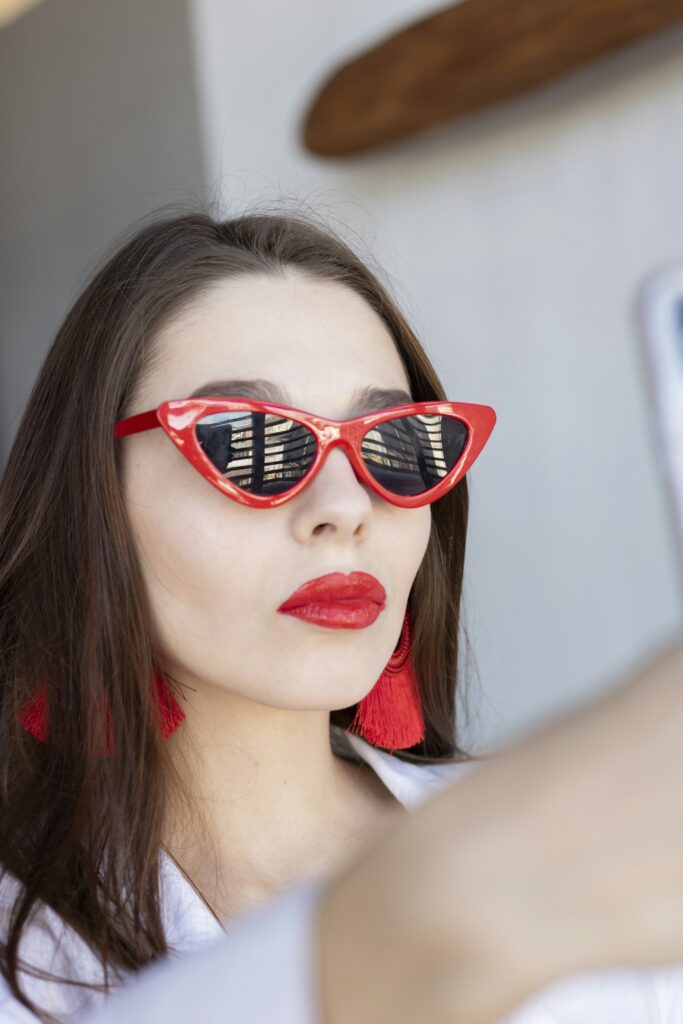Have you ever stopped to consider the impact of selfie filters on the beauty industry? While these digital enhancements may seem like harmless fun, they are revolutionizing the way consumers perceive beauty products and grooming routines.
According to a recent study by Statista, the global beauty industry is projected to reach a value of $805.61 billion by 2023. This unprecedented growth can be attributed in part to the rise of selfie culture and the influence of social media platforms like Instagram and Snapchat. With filters that smooth out skin, enlarge eyes, and contour faces, users are constantly exposed to an idealized version of beauty that can be achieved with the swipe of a finger.
Beauty brands are taking notice of this shift in consumer behavior and are incorporating virtual try-on features into their marketing strategies. Companies like Sephora and L’Oreal have developed AR tools that allow customers to test out different makeup products before making a purchase. This technology not only enhances the user experience but also increases sales conversion rates.
As we navigate this digital age where filters blur the lines between reality and fantasy, it is important to critically examine the implications of these advancements on our perceptions of beauty. While selfie filters may boost confidence and creativity, they also raise questions about authenticity and self-acceptance. It’s crucial for both consumers and industry professionals to strike a balance between embracing technology and celebrating natural beauty.



